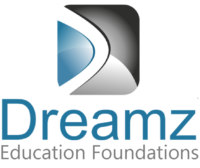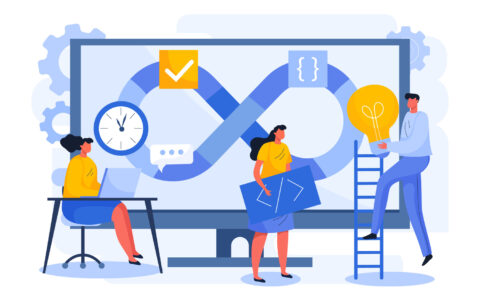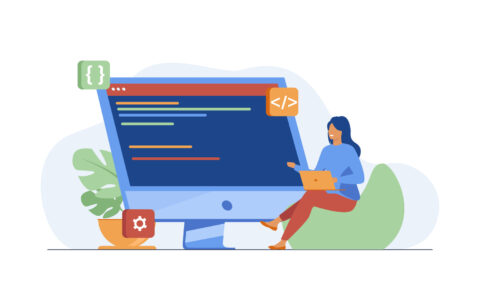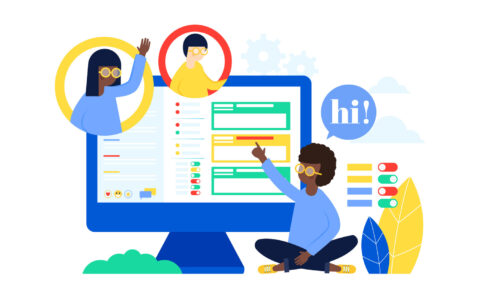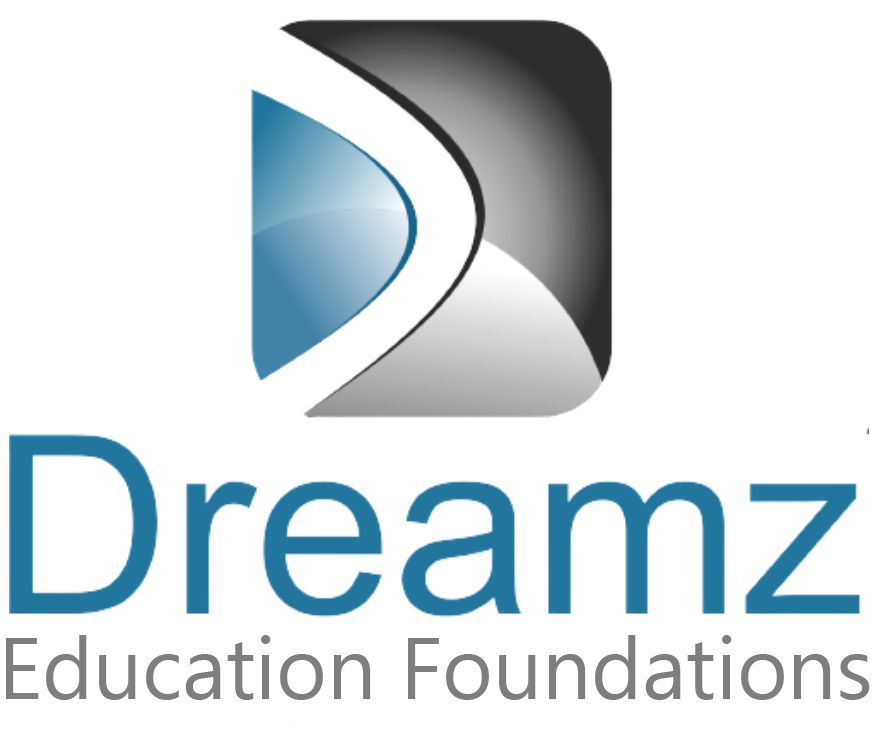IoT Training
Requirements
- Basic Programming Knowledge – Familiarity with Python, C, or JavaScript is recommended but not mandatory.
- Understanding of Electronics – Basic knowledge of circuits, sensors, and microcontrollers is helpful.
- Networking Fundamentals – Awareness of basic networking concepts like IP, HTTP, and MQTT is beneficial.
- Hardware & Software Setup – A computer with Arduino IDE, Raspberry Pi OS, or other IoT development tools installed.
- Logical Thinking & Problem-Solving Skills – Ability to analyze and troubleshoot IoT systems.
Features
- Comprehensive Curriculum – Covers IoT architecture, sensors, microcontrollers, cloud integration, and security.
- Hands-on Projects – Work on real-world IoT applications using Arduino, Raspberry Pi, and ESP32.
- Industry-Standard Tools & Protocols – Learn MQTT, HTTP, BLE, and cloud platforms like AWS IoT and Google Cloud IoT.
- Hardware & Software Integration – Connect IoT devices with web and mobile applications.
- Certification & Career Support – Get certified and receive job placement assistance.
Target audiences
- Aspiring IoT Developers – Individuals looking to build a career in the Internet of Things.
- Embedded Systems Engineers – Professionals working with microcontrollers and embedded devices.
- Software & Hardware Engineers – Developers interested in integrating software with IoT hardware.
- Networking & Security Professionals – IT professionals exploring IoT security and communication protocols.
- Entrepreneurs & Innovators – Business owners and tech enthusiasts aiming to develop smart IoT solutions.
Course Description
The IoT (Internet of Things) Training course is designed for students, engineers, and professionals who want to develop skills in IoT architecture, sensor integration, cloud connectivity, data analytics, and automation.
- Introduction to IoT & Its Applications
- IoT Architecture & Components
- Embedded Systems & Microcontrollers (Arduino, Raspberry Pi)
- Sensors, Actuators, and Data Acquisition
- IoT Communication Protocols (MQTT, HTTP, CoAP, LoRaWAN)
- Cloud Platforms for IoT (AWS IoT, Google Cloud IoT, Azure IoT Hub)
- Data Processing & Analytics for IoT
- IoT Security & Privacy Best Practices
Curriculum
- 10 Sections
- 30 Lessons
- 36 Hours
Expand all sectionsCollapse all sections
- Module 1: Introduction to IoT3
- Module 2: IoT Hardware & Sensors3
- Module 3: Programming for IoT Devices3
- Module 4: IoT Communication Protocols3
- Module 5: IoT and Cloud Integration3
- Module 6: IoT Security & Best Practices3
- Module 7: Edge Computing in IoT3
- Module 8: IoT Project Development3
- Module 9: IoT Deployment & Maintenance3
- Module 10: Capstone Project & Certification3
Basic programming knowledge (Python, C, or JavaScript) is recommended but not mandatory.
The course covers Arduino, Raspberry Pi, ESP32, sensors, actuators, and IoT cloud platforms like AWS IoT and Google Cloud IoT.
Yes, you will receive a certification upon successfully completing the training.
